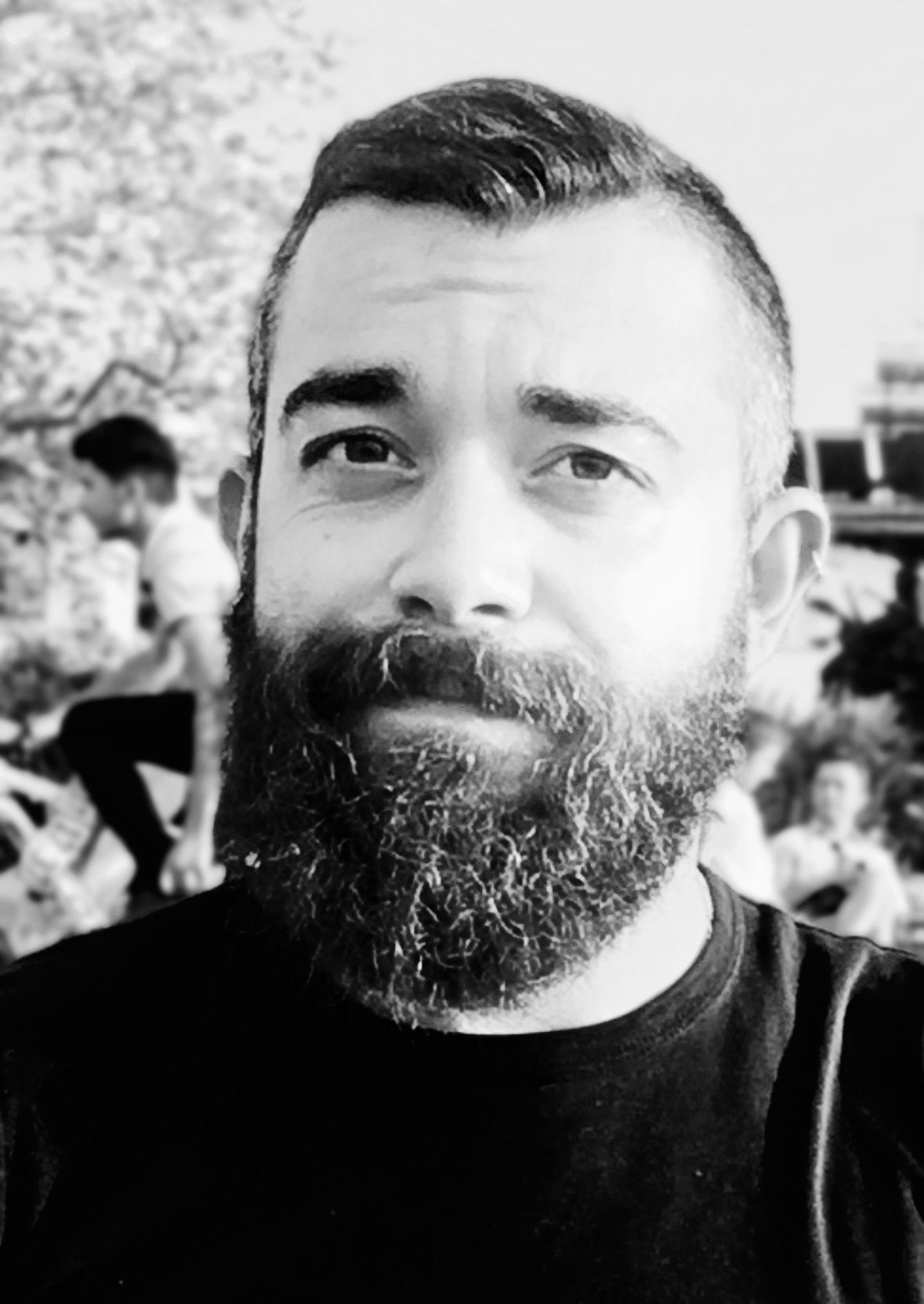Radicalization of Gender and Anti-democracy: the Case of Incels in Nordic-Europe. INCELNOR-MA aims to generate and share insights into incel communities, shedding light on the broadcasting strategies employed by incels and exploring the visual culture that serves as a medium for communication and mobilization in the context of gender-radicalization and political masculinities.
The project
Commencing in April 2023, this two-year project involves the researcher joining the Department of Media and Social Sciences. Under the guidance of Professor Hande Eslen-Ziya, a distinguished digital sociologist and gender studies scholar, the project anticipates valuable contributions.
The researcher will also realize a secondment at VID-Oslo, under the supervision of Professor Margunn Bjørnholt, also a recognized sociologist in the field of gender-based violence and masculinities.
With funding of 226,750 euros from the Marie Skłodowska-Curie Actions, the project aims to generate knowledge and experience, contributing to scientific advancements in arts, creativity, and visuality, with a focus on themes such as gender, body, and politicization. The resulting study model intends to provide a representative framework applicable in addressing gender-based violence and online / offline radicalization.
INCELNOR-MA employs creative-research methods and storytelling techniques to generate knowledge

The term “incel” stands for “involuntary celibate.” It refers to an online community of individuals, primarily men, who feel unable to find a romantic or sexual partner.
The community has gained attention for its members’ often misogynistic and resentful attitudes towards women, blaming them for their lack of success in relationships. The incel community has been under scrutiny due to instances where certain individuals associated with it have committed violent acts, targeting women or society at large, expressing frustration and anger.
INCELNOR-MA aims to generate and share insights into incel communities, shedding light on the broadcasting strategies employed by incels and exploring the visual culture that serves as a medium for communication and mobilization in the context of gender-radicalization and political masculinities.
- Today, we witness different registers of action among men, especially the younger demographic, contending that the term ‘gender equality’ falls short of its purported inclusivity, says project leader, Ozan Félix Sousbois.
Men, including those self-identifying as incels, assert that the notion of ‘gender equality’ favors women, as well as gender and sexual minorities, ostensibly fostering an illusion of democracy while, in actuality, discriminating against men. To advocate for and disseminate these viewpoints online and worldwide, according to Ozan Félix Sousbois, an effective means involves deploying a form of dark humor and visual elements such as gifs, caps, memes, avatar pictures, games, short videos, etc.
- When it comes to the incel-radicalization process in the context of digital or digitalized society, we move beyond conventional perspectives on protest masculinity. Aesthetics, material cultures, and body perceptions not only serve as justifications for radical acts but also give rise to visual narratives, essentially forming a social manifesto, he says.
To understand better this political culture and its effects on sexual democracy, we need to know how visual cultures related to male loneliness or ‘sexual agony’ can challenge current (pro-)feminist and queer critics on patriarchal society, anti-gender ideologies, masculinism, gender-based violence, and extremism.
Incels in Scandinavia, gender cultures in Norway
Despite the recognition of Scandinavian countries for their creditable practices in the fields of gender equality and sexual democracy, the persistence of men’s rights movements, incel networking, and gender-based violence remains a documented and growing challenge, casting a shadow over the promise of inclusivity and social respect of European democracy. Reports by scientific and non-governmental research units indicate a big number of incels acting online in Scandinavian countries, especially in Norway and Sweden.
- The influence of incel and male cultures, characterized by anti-feminist and violent ideologies, has repercussions on gender relations among young men and women, particularly when these ideas are presented in a popular, visual, and trendy way with a touch of dark humor, according to Sousbois.
Using creative methods and artistic approaches can be a crucial tool for developing various backlash strategies and spreading ideas about inclusivity and sexual democracy, employing the same instrument of incel-communities: the creation and pictorial expressions. INCELNOR-MA employs creative-research methods and storytelling techniques to generate knowledge and artwork to explore the socio-political, cultural, and subjective positions of young men and women living in Norway, in relation to the incel phenomena.
When it comes to the incel-radicalization process in the context of digital or digitalized society, we move beyond conventional perspectives on protest masculinity.
- As a researcher and plastician artist, the project leader emphasizes that plastic arts-based creation activities can serve as a starting point or a source of inspiration to think about the concept of incels or violence.
Textures, colors, and even limitations of a particular material can spark ideas, guide the creative process, and influence the direction of the artwork. Doing this, you can go beyond your personal and body-image and express complex feelings such as anger, fear, skepticism, sympathy, compassion, or empathy that drive the creative process, infuse authenticity, facilitate communication, and create a profound impact on different publics. Based on both sociological and aesthetical approaches, this project provides knowledge not only on incel toxic tapestry and visual communication but also examines how this cultural and visual landscape is perceived and interrogated by young men and women undergoing gender and political socializations in Norway.
Publications in relation with INCELNOR-MA
Ozan Félix Sousbois (2023). Potential risk in the “contrast-field”: queer-positioning between facts and assumptions within research on incels, Feminist Media Studies, DOI: 10.1080/14680777.2023.2279920 - https://www.tandfonline.com/doi/full/10.1080/14680777.2023.2279920